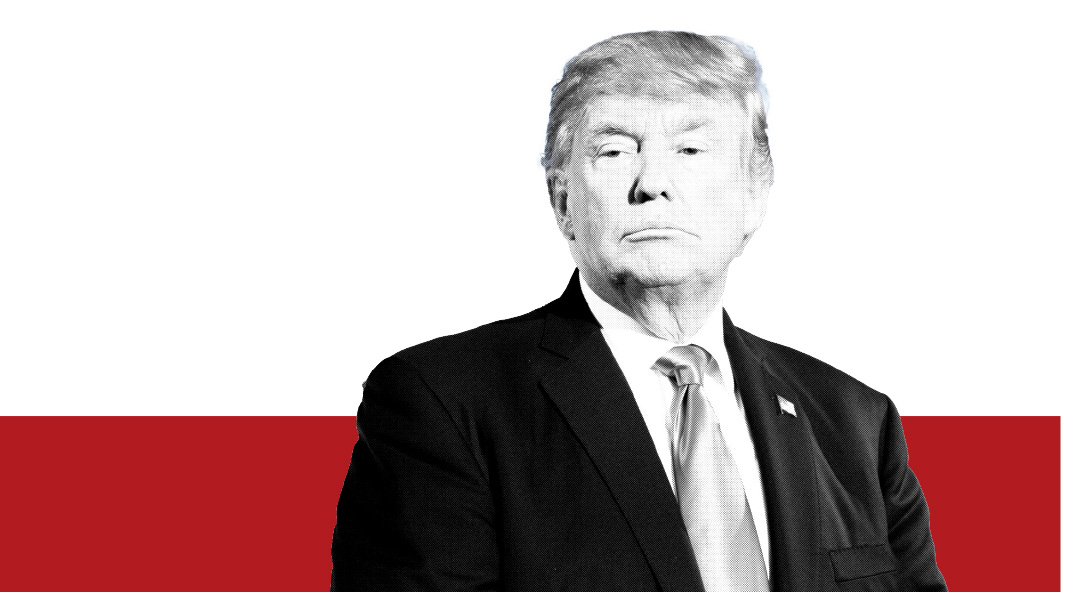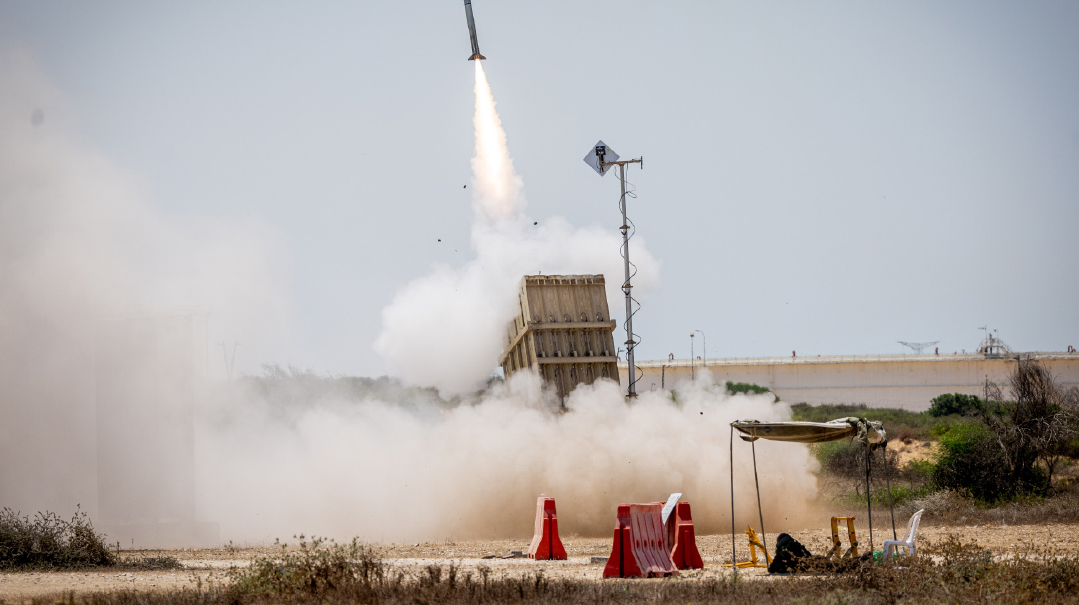Crying Wolf on Election Fraud

Voter fraud is real — just not that frequent

W
hen Kari Lake took to the stage at her Scottsdale campaign headquarters four hours after the polls closed on the night of August 2, just 70 percent of the vote had been tabulated in Arizona’s Republican gubernatorial primary election.
Lake was still trailing her opponent by 20,000 votes when she announced defiantly, “There is no path to victory for my opponent. We won this race.”
The crowd cheered.
Citing ballot irregularities in her home county, which were already well-publicized, Lake added, “I wish that our election officials could count votes. I wish it were all better,” before vowing to “turn it all around” once she takes office in January.
At that moment, I emailed a colleague noting that the night was still young, and I wondered how she would walk back her premature accusation of voter fraud if she were to win, after all the votes had been counted.
Lake did overcome her early deficit to win by nearly 20,000 votes, and she will face Democratic nominee Katie Hobbs in the November general election.
Lake’s claims come as no shock. She ran on the platform that voter fraud in Arizona was rampant, and was a chief culprit in robbing Donald Trump of his rightful re-election victory. Trump warmly endorsed Lake, whose victory boosted the GOP’s pro-Trump wing.
But would Lake have been better off, in the long run, holding her fire and letting the final tally speak for itself?
Cases of proven voter fraud are rare. Historians concur that four of the nation’s 59 presidential elections were tainted by foul play or mishaps, such as Florida’s now-famous hanging chads in the 2000 Bush-Gore election. If you are among those who count the 2020 Trump-Biden election as one, then the count swells to five of 59, or 8 percent of all presidential elections.
Even one fraudulent election is one too many, but voter fraud is even scarcer on the state and local levels.
The Heritage Foundation, a conservative think-tank, hosts an online database that lists 1,365 proven instances of voter fraud since 1982. While some 1,173 of those resulted in criminal convictions, the final result was upheld in all but 24 of those cases — which means that in more than 98 percent of all US elections, the outcome can be trusted.
However, Kevin Freeman, a senior fellow for the Center for Security Policy, contends, “Election fraud is real. It’s not new. But it has gotten more sinister and sophisticated.”
That also means we need a more sophisticated conversation about lowering the percentage to zero, and less commotion from candidates who hurl unsubstantiated accusations just because they’re losing or trailing in the polls. Every state has laws and procedures in place to monitor elections. The systems are meant to work, even if they sometimes fail due to human error, negligence, bureaucratic incompetence, and sometimes fraud.
Early mail-in and absentee balloting need to be better secured and monitored. Since each state has a different system for counting ballots, states can preempt claims of fraud by publicizing their procedures in advance. Then they need to hire enough people to count around the clock once the polls close. If Arizona could tally 70 percent of the ballots in the first few hours after voting ended, there is no reasonable explanation as to why almost 20 percent still remained uncounted two days later.
Having said that, ever since 1948, when an elated Harry Truman held up a newspaper that prematurely declared his opponent Thomas Dewey to be the winner, we know that results seesaw as ballots are counted, and leads shift.
If Kari Lake ends up becoming governor after insisting that elections are rigged, isn’t she undermining her own legitimacy? Or has American democracy collapsed into a sinkhole where elections are only fair if the accusers win and their opponents lose?
(Originally featured in Mishpacha, Issue 923)
Oops! We could not locate your form.







